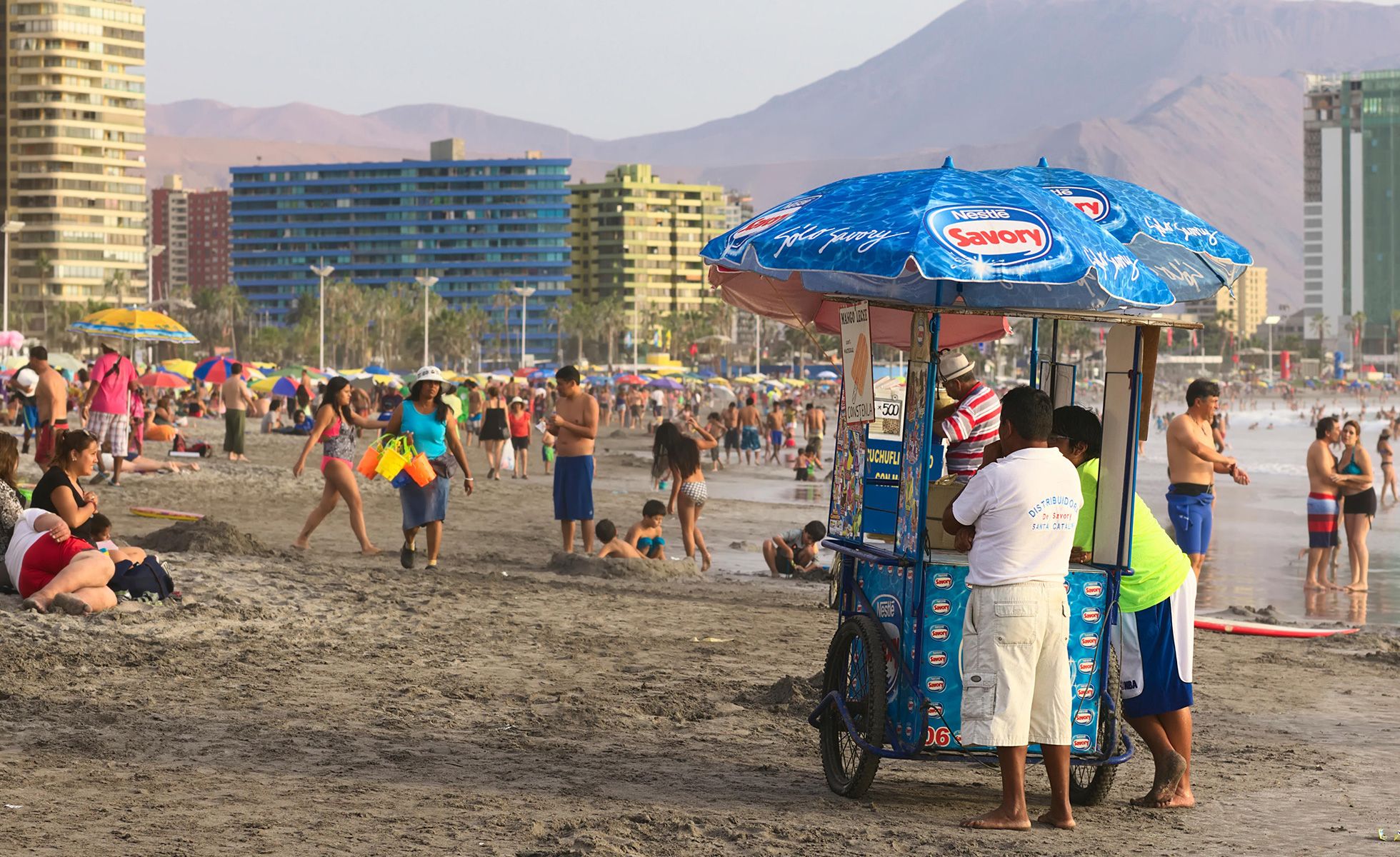Against warning labels on junk food in Mexico: How Switzerland allowed itself to be harnessed by Nestlé
Zurich/Lausanne, July 2, 2022

Six years ago, Mexico's government declared a "national epidemiological emergency". The reason: rampant obesity. 38 percent of the five- to eleven-year-old children are overweight, among the adults even 74 percent. There was an urgent need for policy measures to tackle this health problem. The one brought underway by the Mexican government in 2019: compulsory, easy-to-grasp and highly visible front-of-pack warning labels on processed food and drinks that are high in calories, sugar, salt, saturated fats or trans fats. The new Mexican standard restricted the marketing of these products to children. According to exclusive market data obtained by Public Eye, in 2019, retail sales of Nestlé products “threatened” by one or more of the black warning labels amounted to more than one billion euros in Mexico. No surprise, the Vevey-based group decided to get the State Secretariat for Economic Affairs to intervene officially.
On 19 November 2019, an email was sent from the company's headquarters to SECO, with an attached "memorandum", listing all aspects of the draft Mexican standard that were problematic from the group's point of view. "We would appreciate your help and recommendations on our advocacy efforts," it reads there. The email is part of a series of documents that the French-speaking Swiss television RTS received from SECO last year, based on the Freedom of Information Act. They reveal how willingly the Federal Office allowed itself to be harnessed by Nestlé (which caused irritation even at the foreign ministry FDFA) and prioritised the sales of Swiss junk food over the attempts of an emerging country to protect the health of its population. Nestlé’s concerns were raised by SECO directly with the Mexican government and repeatedly at the World Trade Organisation (WTO). In addition, SECO promoted the introduction of “Nutri-Score”, the voluntary labelling system supported by Nestlé and adopted in Switzerland, which rates processed food and drinks significantly more favourably than the Mexican standard.
Our research also shows that the Swiss lobbying with Mexico is not an isolated case. SECO also intervened with Ecuador, Chile, and Peru, when those countries decided to introduce similar warning labels in recent years. The political position behind such questionable practices was aptly summed up by the outgoing head of the office, Marie-Gabrielle Ineichen-Fleisch, when she said in May: "One of the main tasks of my last eleven years as SECO director was to fend off increased regulation." The Secretary of State of the Mexican Ministry of Health responsible for the black stop signs, Hugo López-Gatell, has a clear message in response: “We will never allow another country or a foreign corporation to dictate our health policy." It is therefore high time for the “model democracy” Switzerland to prevent the corporate capture of official political positions defended by Switzerland at the WTO or with other foreign governments.
For more information contact:
Oliver Classen, Spokesperson, +41 44 277 79 06, oliver.classen@publiceye.ch
Laurent Gaberell, Food and agriculture expert, +41 78 204 50 60, laurent.gaberell@publiceye.ch

